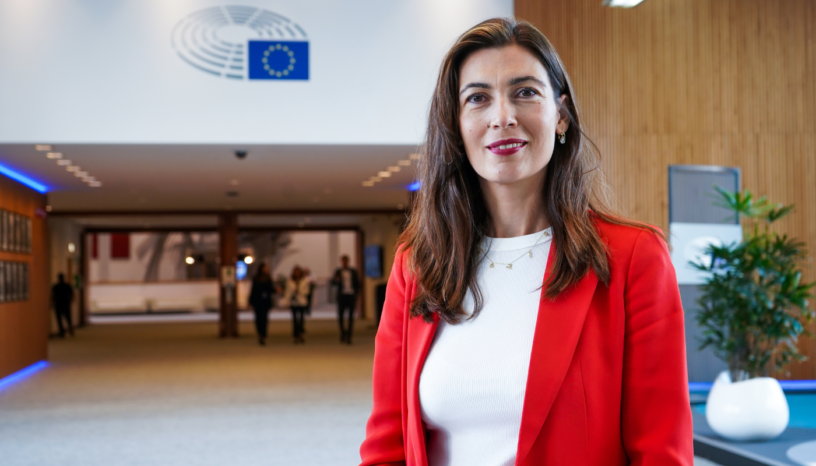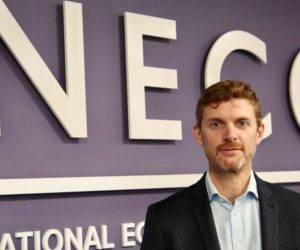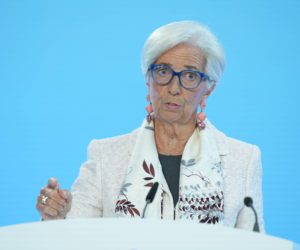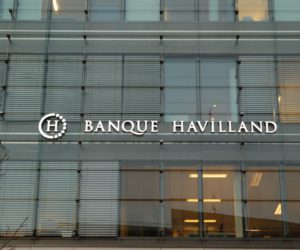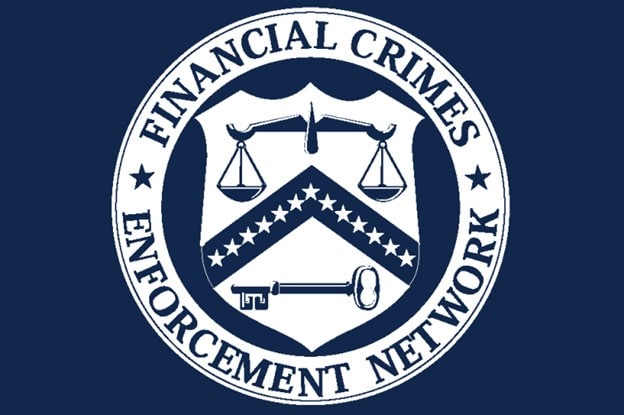Paul Tang (co-rapporteur for the Anti-Money Laundering directive – S&D, NL) said: “We are losing the battle against money laundering, which costs society up to two trillion US dollars annually worldwide. That is why parliament worked together on finding effective ways to fight money laundering, by demanding the registration of expensive cars, boats and planesand by obliging the disclosure of all goods stored in free zones.
We have also restored access to beneficial ownership data for journalists and civil society organisations, introduced strong safeguards like a Fundamental Rights Officer in every Financial Intelligence Unit. I am hopeful the Council will join us in beefing up the EU’s fight against money laundering and terrorist financing.“
Luděk Niedermayer (co-rapporteur for the Anti-Money Laundering directive – EPP, CZ) said: “Money laundering is a serious crime. It undermines society, the economy and people’s trust. In our proposals, we focused on data quality, better data access by national authorities and relevant bodies, and cross border cooperation across the EU.
The quality of data is an essential factor in countering money laundering. With the new legislation, registers of beneficial ownership will improve, and the usability of other existing registers, namely those covering real estate, land, boats, planes and vehicles, will be enhanced. Following a ruling by the European Court of Justice in the Sovim case, we proposed clear and transparent rules for access to registers for people or entities with a legitimate interest.”
Eva Maria Poptcheva (co-rapporteur for the Anti-Money Laundering Authority – Renew, ES) said: “We cannot tolerate the corrupting influence of dirty money in our political system any longer. In the wake of Qatargate, Parliament heard this message loud and clear. Dirty money is not just a threat to our democracy, it also fuels inequality and injustice. Ordinary citizens struggle to make ends meet while criminals prosper with the complicity of systemic corruption. This has to end.
Until now, the EU’s hands-off approach towards dirty money has only yielded scandals. The time has come for a crackdown. AMLA is the game-changer we needed, and with it the EU can end the economic nationalism that has fuelled this laundromat.
The widespread circumvention of sanctions by Russia even after 10 rounds has made a dent in their effectiveness and our resolve. If we want a credible EU, we must make sanctions more effective. AMLA has to be a part of the solution.”
Emil Radev (co-rapporteur for the Anti-Money Laundering Authority – EPP, BG) said: “I believe that the new Authority will strengthen the European supervisory approach, and deepen cooperation with national supervisory authorities.
The new European watchdog will monitor emerging problems related to money laundering in the financial system.
For us, it is important the new authority cooperates very closely with national supervisors and that it directly supervises the riskiest crypto assets service providers and companies in the financial sector that operate in several member states for the first time.
We need to draw a clear distinction between national supervisors’ powers and the direct supervisory powers of AMLA. In addition to directly supervising selected entities, AMLA will promote high standards, convergence, and the creation of a common culture among national supervisors. It will also help us overcome problems arising from a lack of coordination between various national supervisory authorities and financial intelligence units.
In the end, we hope that the newly created authority will guarantee more financial security in a cross-border environment where risks have been constantly growing.”
Eero Heinäluoma (co-rapporteur for the Anti-Money Laundering regulation – S&D, FI) said: “My objective from day one was ensuring that we set the same rules for all member states, to create clarity and legal certainty for business and authorities. But in addition to being clearer,the rules also need to be stricter.
That is why we’re ensuring more entities will fall under these new rules, like high level professional soccer teams, sports agents, property developers, wealth or asset managers, and persons trading in luxury goods like jewellery.
We are also making it easier to identify the people who really benefit from a transaction, people who far too often are hidden behind opaque legal entities. Stricter rules should also apply to politically exposed people, so heads of regional and local authorities including groupings of municipalities and metropolitan regions of at least 30,000 inhabitants will be covered under the new rules.
Europe alone cannot win the fight against money laundering. We propose stricter rules and procedures for high risk third countries and banks based in these countries. We will also set a ceiling for cash payments, which are still very popular with criminal elements.
Damien Carême (co-rapporteur for the Anti-Money Laundering regulation – Greens/EFA, FR) said: “Today’s votes mark the beginning of the end for criminals, terrorists, oligarchs, art “enthusiasts” and crooked football agents; for all those who have been at the centre of money laundering scandals for the past 30 years.
Until now, because of loopholes in European legislation, the EU was fertile ground for these people to hide their ill-gotten money. The texts adopted can remedy this by harmonising legislation across the European Union, and by monitoring sectors and individuals particularly prone to money laundering more closely. It will stop billions of euro of dirty money from flowing into the European economy. We can
finally fight with new weapons against the social and fiscal inequalities from which so many Europeans suffer!”

